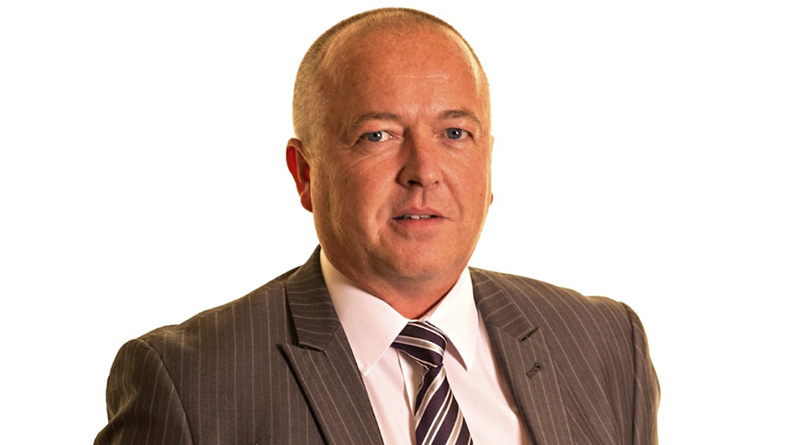SLTA Issues Strongest Warning Yet on Future of Scotland’s Licensed Trade and Hospitality Sector

The SLTA (Scottish Licensed Trade Association) has issued its strongest warning yet that the licensed trade and hospitality industry north of the Border is “on its knees” with many businesses set to close permanently amid the cost-of-living crisis and other ongoing pressures.
Colin Wilkinson, the trade group’s managing director, also expressed bitter disappointment at Deputy First Minister John Swinney’s failure today in the Scottish Budget to follow the lead of England and Wales by implementing a 75% rates relief package for businesses.
Mr Swinney, who is responsible for the Scottish Government’s finance and economy portfolio while Cabinet Secretary Kate Forbes is on maternity leave, offered little respite for the hard-pressed hospitality industry, Mr Wilkinson noted.
“The industry is on its knees and businesses hoping for a busy and successful December trading period, which would have helped them get through the traditionally quieter months of January and February, would have received at least some festive cheer if Mr Swinney had fully recognised their plight,” he said.
“With trains cancelled due to strike action, some cities and towns lacking taxi capacity and buses that aren’t always reliable, staff are finding it challenging to get to work and many people are simply not bothering to go out due to the difficulties getting home – this is not where the sector hoped it would be at this time.”
Mr Wilkinson added: “There is extended and increased relief for retail, hospitality and leisure businesses in England worth almost £2.1 billion and this is the most generous business rates relief in over 30 years, outside of Covid-19 support.
“Yet there is nothing for Scotland which means we cannot remain competitive with our neighbours south of the Border. Instead, our hospitality sector is facing a winter of discontent.”
Mr Wilkinson offered as an example the difference in rateable value between two hotels – one in West Lothian and one in Surrey. “The rateable value (RV) of the hotel in Surrey has gone from £370,000 to £210,750 while the West Lothian hotel’s RV has gone from £367,000 to £350,000,” he said.
“Even with a freeze on the Scottish UBR (top tier), the Scottish one will pay over £75,000 more (70%) than the English one in rates in 2023/24 when they were paying virtually the same this year. How can that be fair?”
Earlier this week, the SLTA, along with the Scottish Beer and Pub Association (SBPA) and UKHospitality Scotland, warned that many hospitality businesses were on track to fail without “meaningful intervention on business rates”. The groups, urging Mr Swinney to match the support for the sector in England and Wales, said: “The sector desperately needs this to survive, to continue to provide employment for staff and remain competitive with our neighbours.”
Repeating previous calls for a further review of Scotland’s commercial rating system at the earliest opportunity, the groups stated: “Every day is a challenge for our pubs and bars who have worked very hard post-Covid and Brexit to showcase Scotland’s hospitality industry, but we need more help to protect the jobs that outlets provide directly and the associated jobs in the wholesaling, brewing/distilling and food-producing sectors.”
Mr Wilkinson cautioned that the next few months will be “grim” and pointed to a recent SLTA survey which revealed that some pubs and restaurants are considering closing over the winter period because they are unable to absorb recent sharp increases in energy bills at a time when they are recovering from the pandemic and still paying off debts incurred during Covid.
“The hospitality industry creates jobs, it brings vibrancy, life and footfall to high streets in our towns and cities, it sits at the centre of society in communities the length and breadth of Scotland as well as playing a key role in tourism and therefore contributing to both local and the wider Scottish economy.
“What happens when we are no longer there?
“We of course welcome the Scottish Government’s commitment to tackling child poverty, strengthening public services – including the NHS – and the transition to net zero,” Mr Wilkinson added. “However, with the Bank of England’s announcement this morning that interest rates will rise to 3.5% from 3%, their highest level for 14 years, and Mr Swinney’s decision to increase income tax for everyone earning more than £43,662 in Scotland, consumers’ spending power will be further eroded.”
